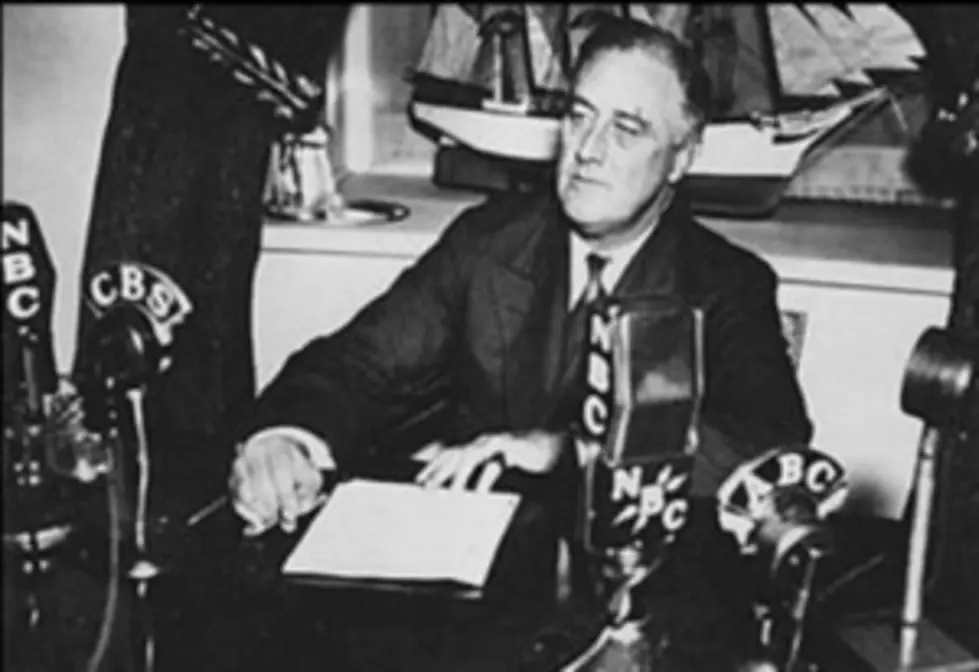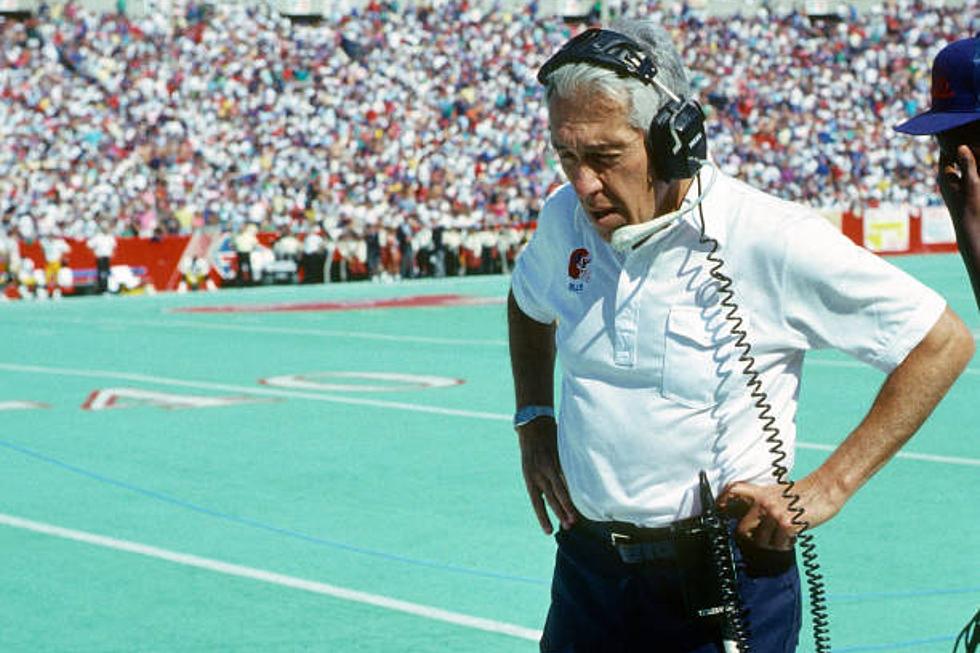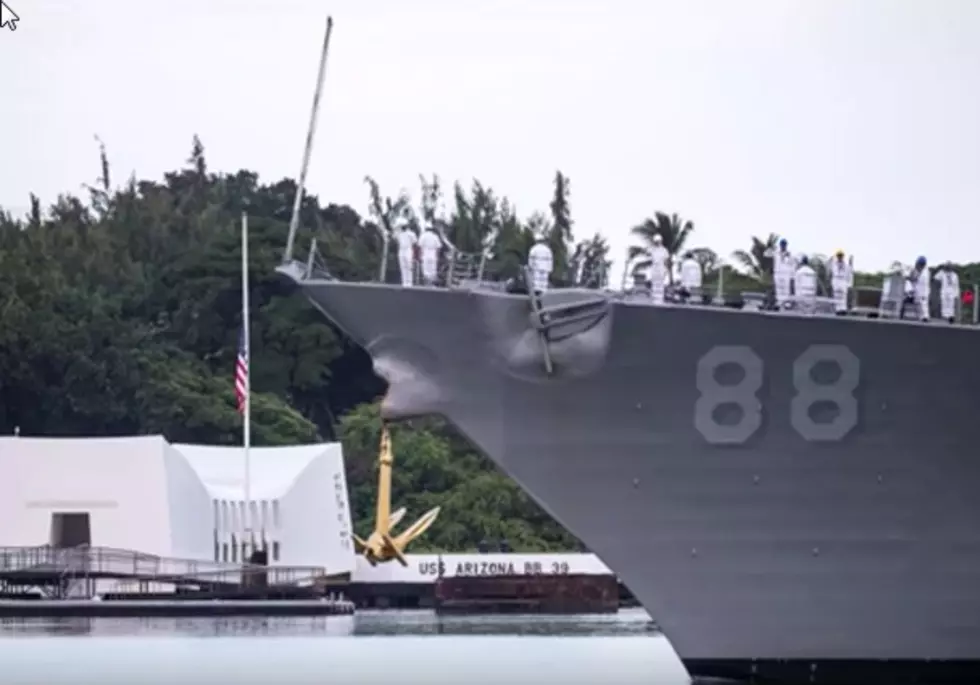
FDR – The Master Communicator
It was just 8 days after his inauguration that President Franklin Roosevelt gave his first national radio address, speaking directly from the White House. The U.S. was at the lowest point of the Great Depression with between 25 and 33 percent of work force unemployed. The country was worried and Roosevelt went on the radio to ease their worries and tell them he was prepared to lead the country back to prosperity. He also explained why he ordered the banks closed to stop a panic of withdrawals. He said the banks would be reopening the next day and he thanked the public for their "fortitude and good temper" during what he called a "banking holiday."
Roosevelt went on to deliver 30 more radio broadcasts during his presidency and never before had a president reached so many people. 90 percent of American homes had a radio and nearly every one of them were tuned in.
Over the years, Roosevelt built support for his New Deal policies and explained his position on a number of issues during World War Two. Roosevelt had a gift to communicate regardless of their education. He used simple words, stories and analogies to explain complicated issues. Journalist Robert Trout called them "fireside chats" because so many people said it was as if the president had come into their homes and spoken directly to them. Before then, Americans had depended on spokespeople and newspapers to hear from the president.
FDR’s first “fireside chat” was delivered on this day in 1933.
SOURCE: HistoryChannel
More From 106.5 WYRK






![Amazing Story — Woman Finds Her Dead Boyfriend’s Diary 70 Years Later [VIDEO]](http://townsquare.media/site/10/files/2013/05/Davis.jpg?w=980&q=75)

![Flying Aboard the World War II Memphis Belle [VIDEO][PHOTOS]](http://townsquare.media/site/10/files/2012/07/ScreenHunter_04-Jan.-17-07.16.jpg?w=980&q=75)
